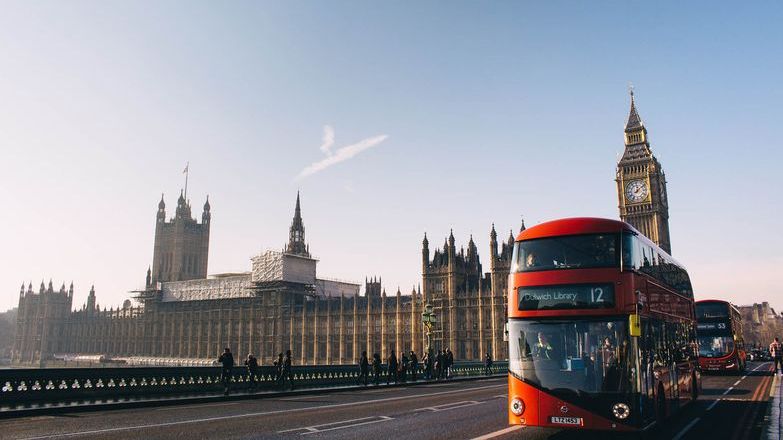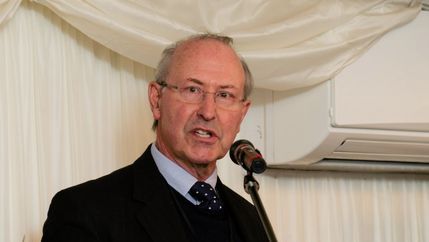
Currently, owners of second homes in England are able to avoid paying council tax and can access small business rates relief by simply declaring an intention to let the property out to holidaymakers.
This has led to concerns being raised that some homeowners may be unfairly benefiting from the tax break through their empty properties.
From 1 April 2023, holiday let owners will be required to provide evidence such as websites or brochures used to advertise the property, letting details and receipts. Currently, there is no requirement for evidence to be produced that a property has actually been let out commercially.
Second homeowners will have to prove holiday lets are being rented out between 70 and 140 days a year to access Small Business Rates Relief, where the criteria are met.
In coastal and rural areas, a short-term rental market is an attractive option for landlords due to the comparative lack of regulation that is expected for landlords within the private rented sector which often leads to problems with affordability and availability.





